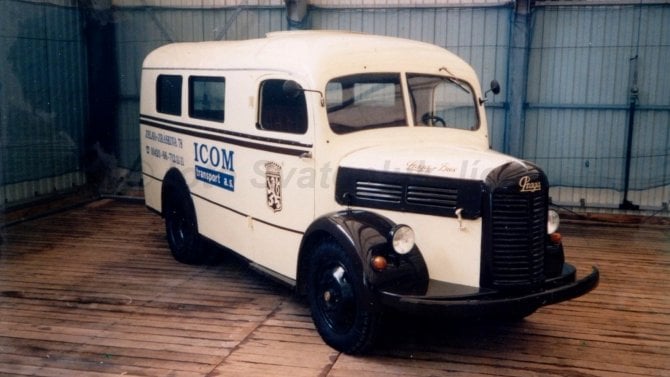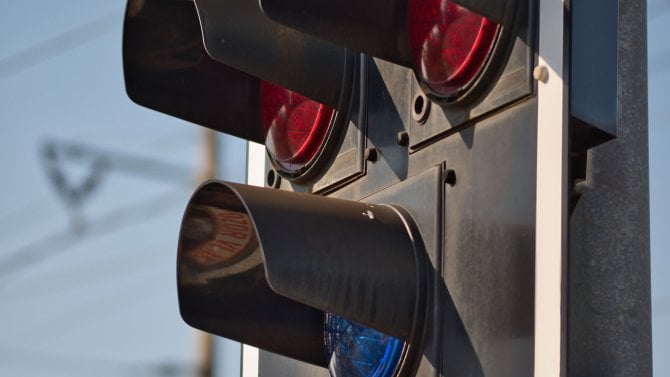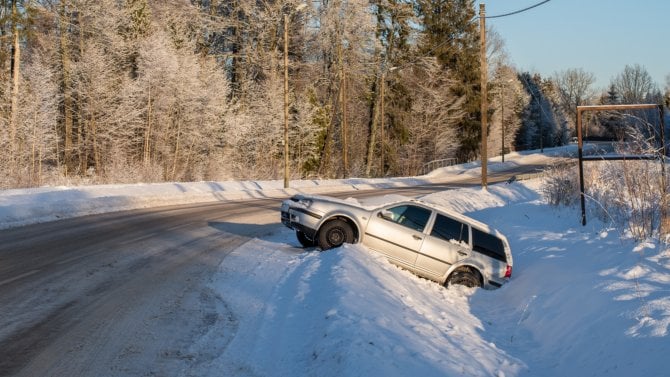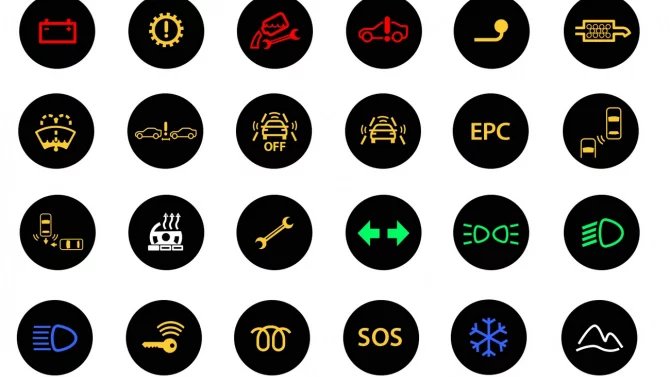...
PRAGUE, July 3 (Reuters) - The Czech Republic's principal bourse will launch electricity trading on July 17 to tap into the liberalised power market which has seen big price jumps as energy grows sparse in the region.
Prague Stock Exchange (PSE) chief Pmetr Koblic said on Tuesday trading on the Prague Energy Exchange (PXE) would start with monthly futures, while quarterly and annual products would be added soon after.
The plan to set up the PXE got a boost from the region's biggest power maker CEZ , which has pledged to sell the bulk of its free power through the new exchange.
The majority state-owned CEZ will also be one of the bourse's first market-makers. Koblic said the bourse was also in talks with Germany's E.ON and others.
"The Czech Republic, along with Poland, has the cheapest power in the entire Europe," Koblic said. "My estimate is that it will remain so after the launch of the bourse as well."
The Czech Republic is a power exporter, a rare position given growing power shortage across Europe. This had kept Czech prices relatively low, but lately they have converged with neighbouring Germany.
"It had been expected that the launch of the exchange will bring prices to the German level, but that has already happened," said one Prague trader.
Other traders confirmed the price quotes for 2008 baseload deliveries have matched the German price of around 56 euros.
CEZ had previously been selling power through auctions. Last August, 2007 baseload price in the auction was 44 euros, while German prices were already at 56 euros.
BID TO QUELL PANIC
German power costs used to be the nightmare benchmark of Czech politicians and businessmen, but in the past months, attention has shifted toward eastern Europe and the Balkans.
Prices there jumped even higher due to fast economic growth but also forced shutdowns of nuclear power plants in Slovakia and Bulgaria, under agreements with the European Union.
A Slovak auction last week sent the price of 2008 baseload power to 62 euros, up by over a quarter from 2007.
Koblic said the PXE should raise transparency and smooth out price spikes.
"Continuous trading can cool down excessive reaction of traders in auctions," he said, adding that behaviour in the Slovak auction was "hysterical" and that the over-the-counter price had since dropped.
He said that in a bid to limit volatility, the PXE would for a month starting July 25 temporarily trade a two-year future.
That will be based on a baseload 2008 delivery with a fixed price, derived from German prices and historical Czech-German transmission costs, and a freely priced 2009 element.
In August, this contract will be split up into standard 2008 and 2009 futures.
PXE chief David Kucera said the PXE was not for the time being considering trading CO2 emission allowances, because those were easily traded on a pan-European scale, and the market was not liquid enough.




 Malý náklaďáček mnoha jmen: Škoda/Aero/Praga (A) 150 byla nedoceněným československým dříčem
Malý náklaďáček mnoha jmen: Škoda/Aero/Praga (A) 150 byla nedoceněným československým dříčem
 Řidička uvízla na železničním přejezdu, rychlík ji minul jen o kousek
Řidička uvízla na železničním přejezdu, rychlík ji minul jen o kousek
 Brzdná dráha delší až o deset metrů. Hlavně levné pneumatiky z východní Asie jsou pro řidiče rizikové
Brzdná dráha delší až o deset metrů. Hlavně levné pneumatiky z východní Asie jsou pro řidiče rizikové
 Test Renault Symbioz: S novým hybridem jezdí svižně a se spotřebou legendárního té-dé-íčka
Test Renault Symbioz: S novým hybridem jezdí svižně a se spotřebou legendárního té-dé-íčka
 Kdo nezvládne tento kvíz za plný počet, ten si dost možná auto zničí. Kontrolky jsou totiž základem komunikace mezi autem a řidičem
Kdo nezvládne tento kvíz za plný počet, ten si dost možná auto zničí. Kontrolky jsou totiž základem komunikace mezi autem a řidičem
